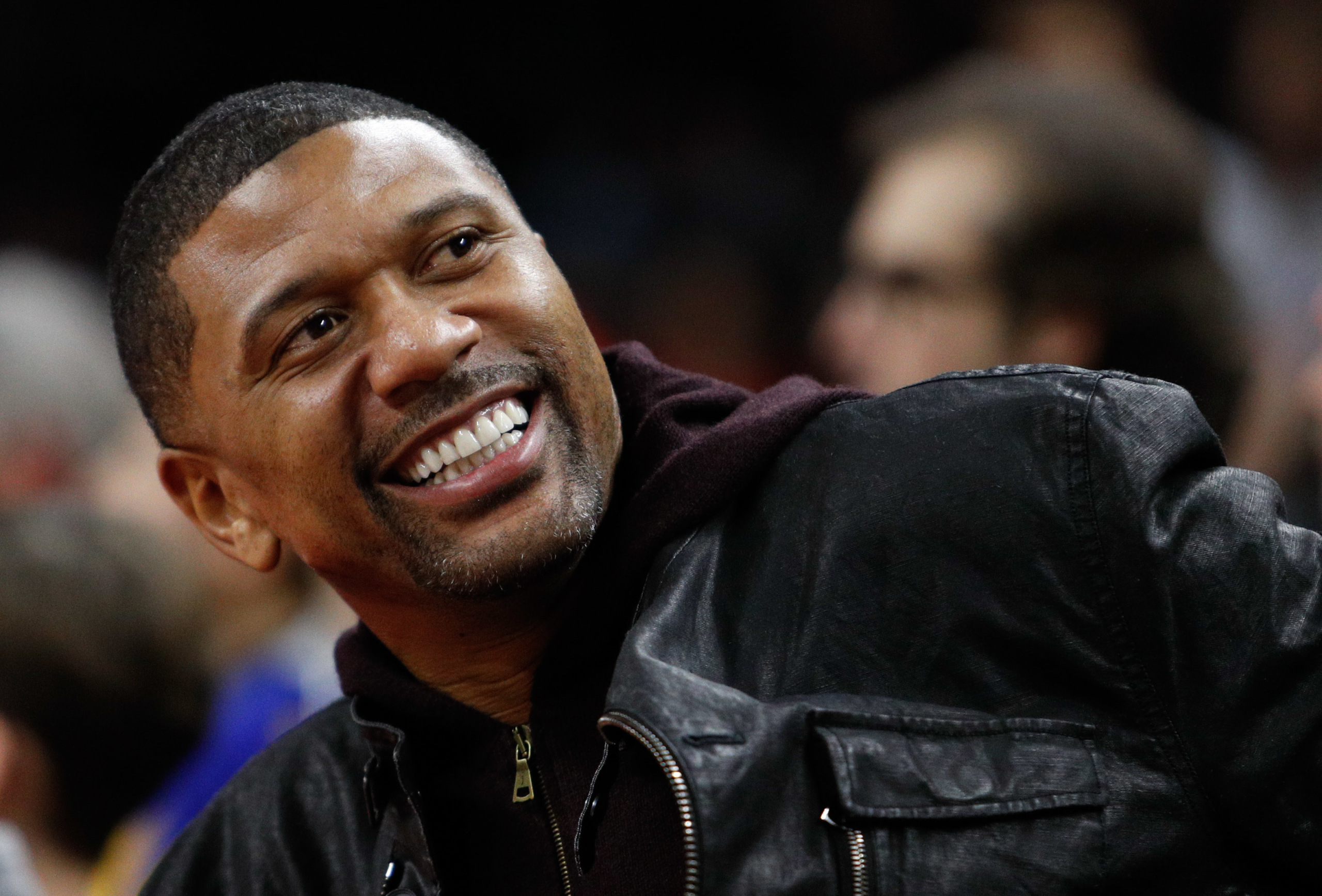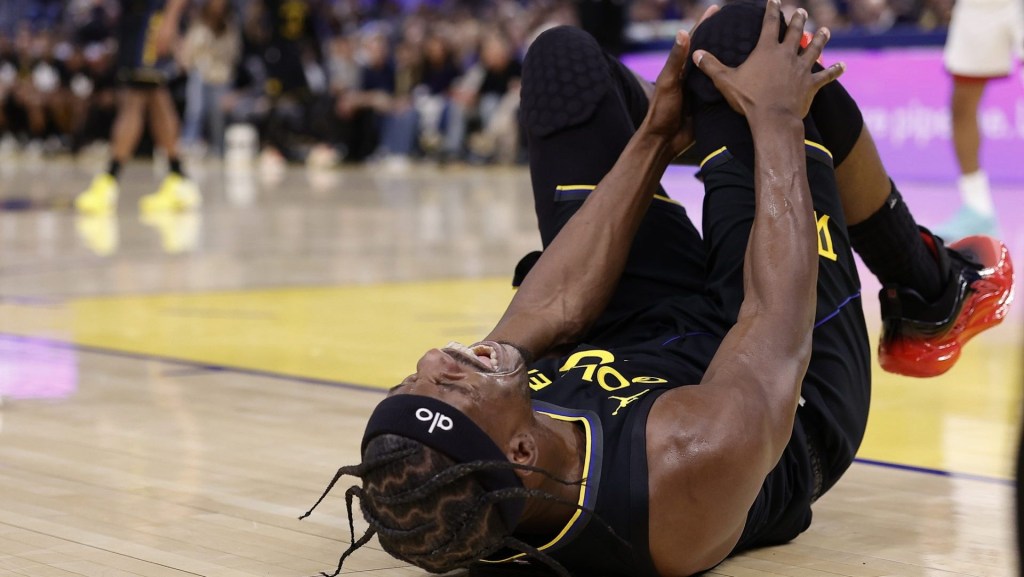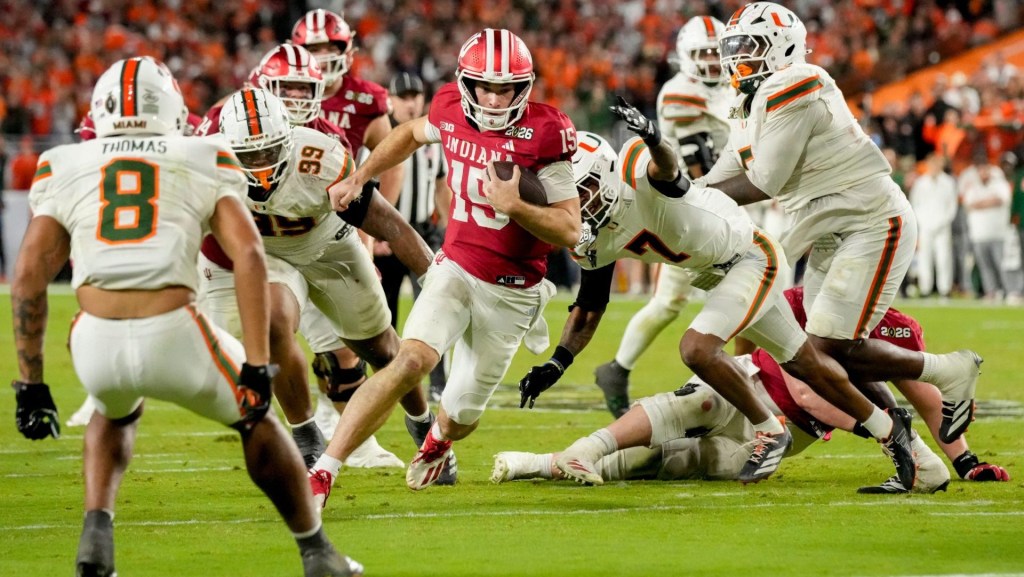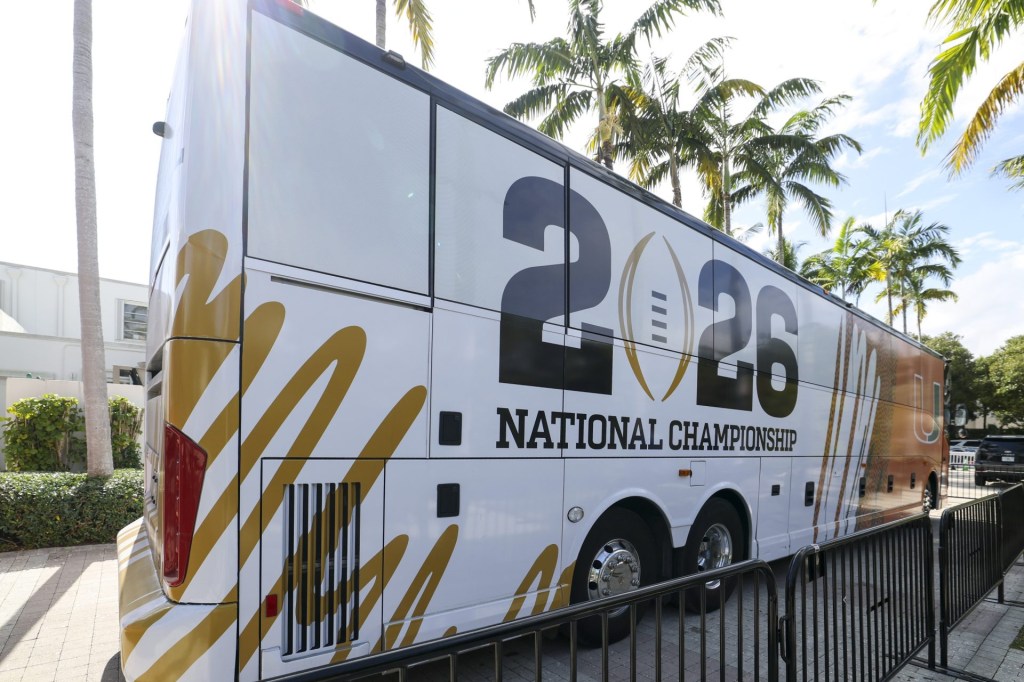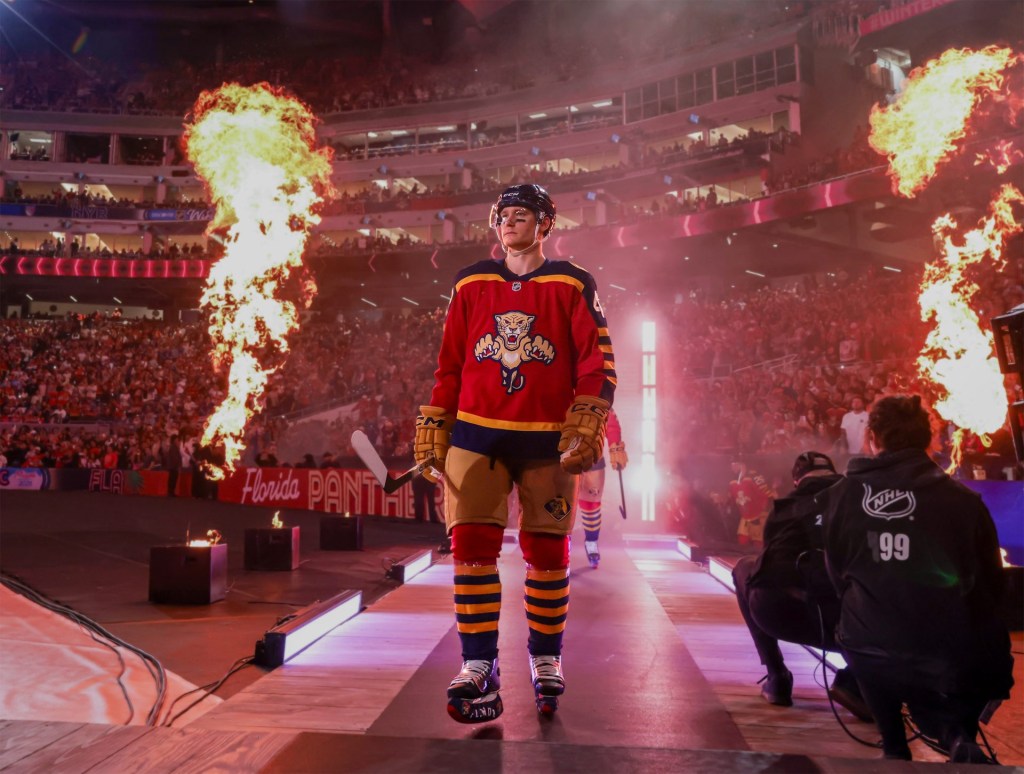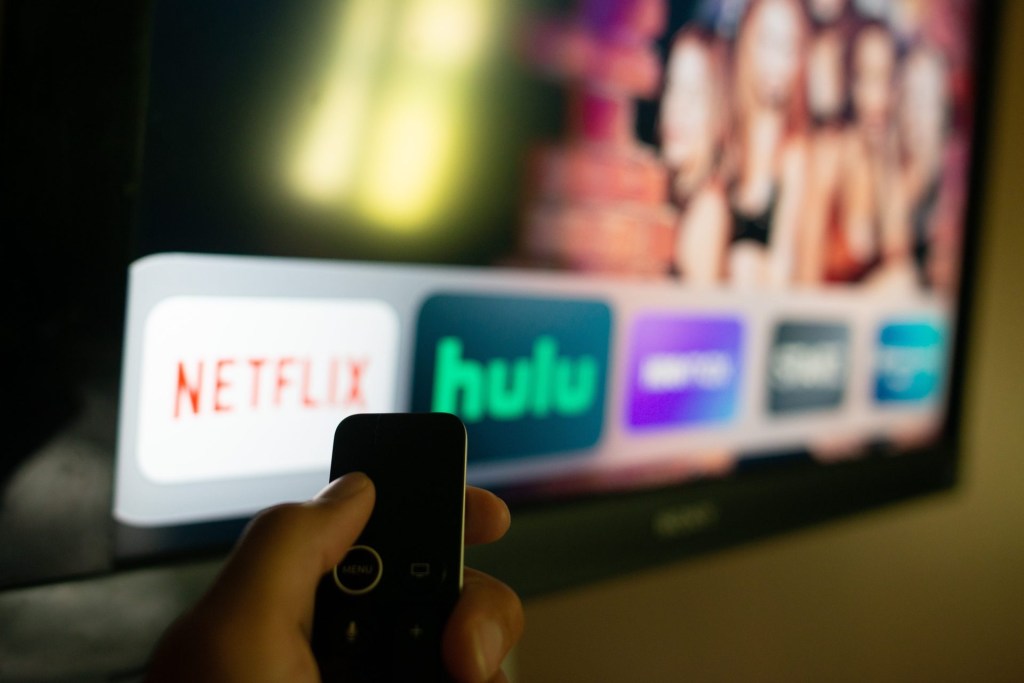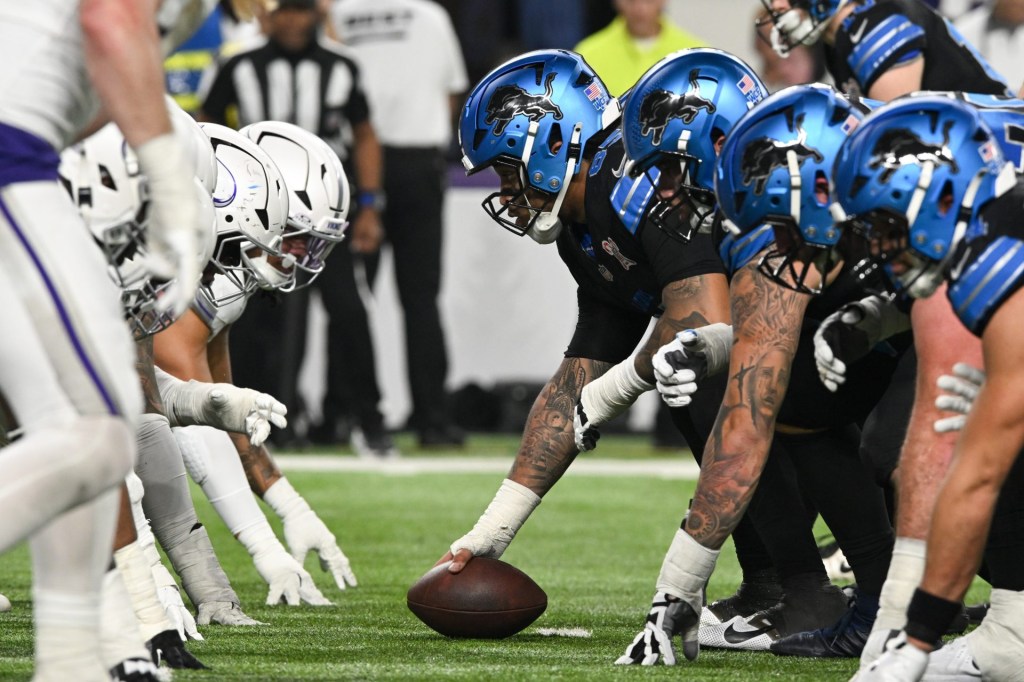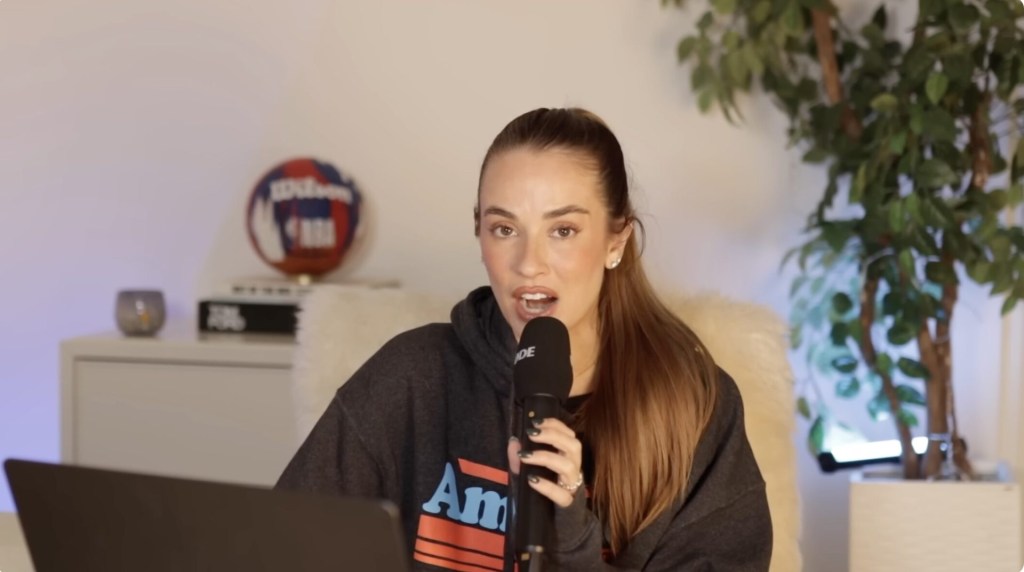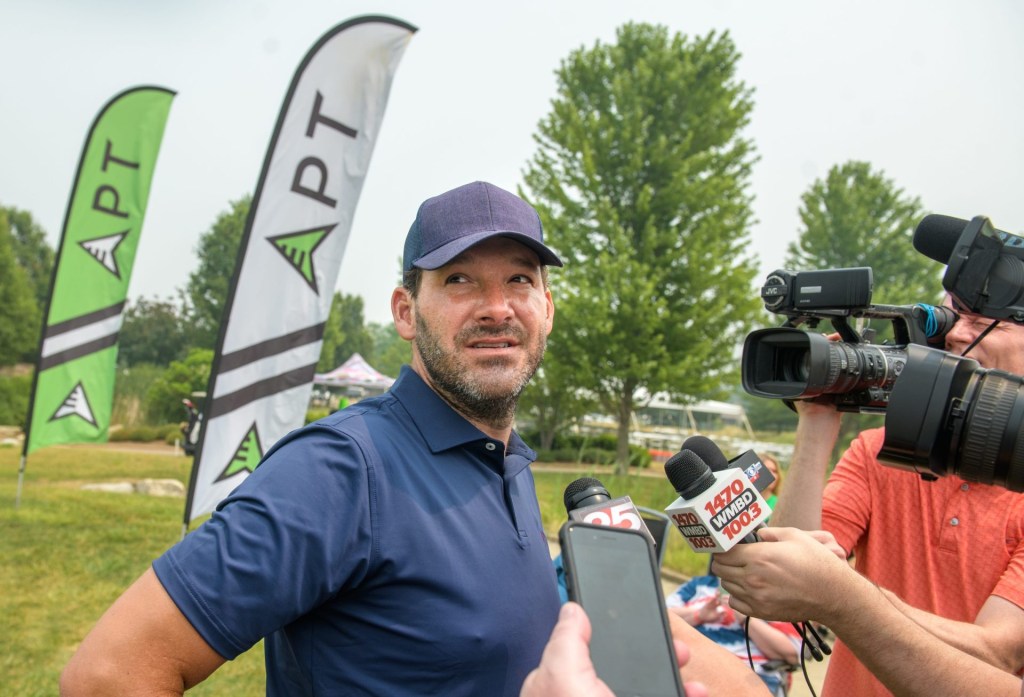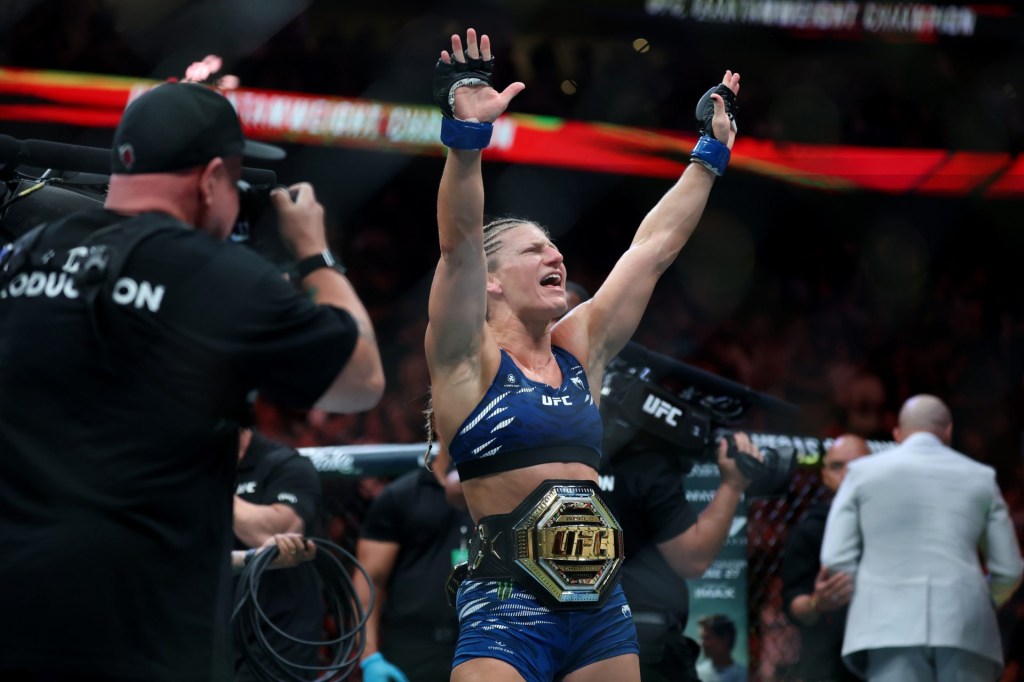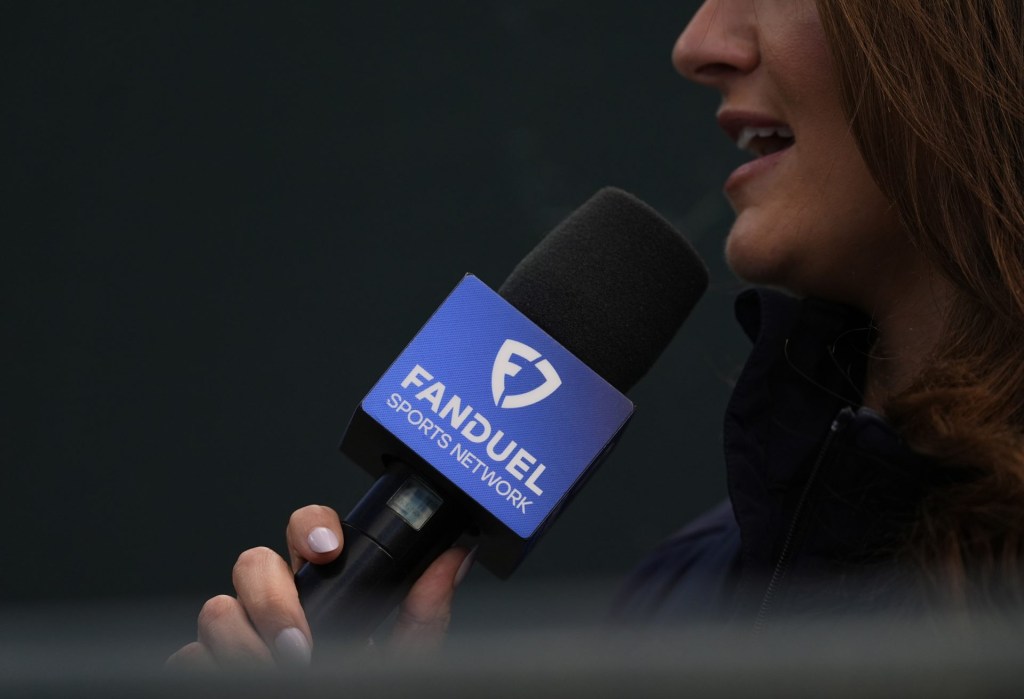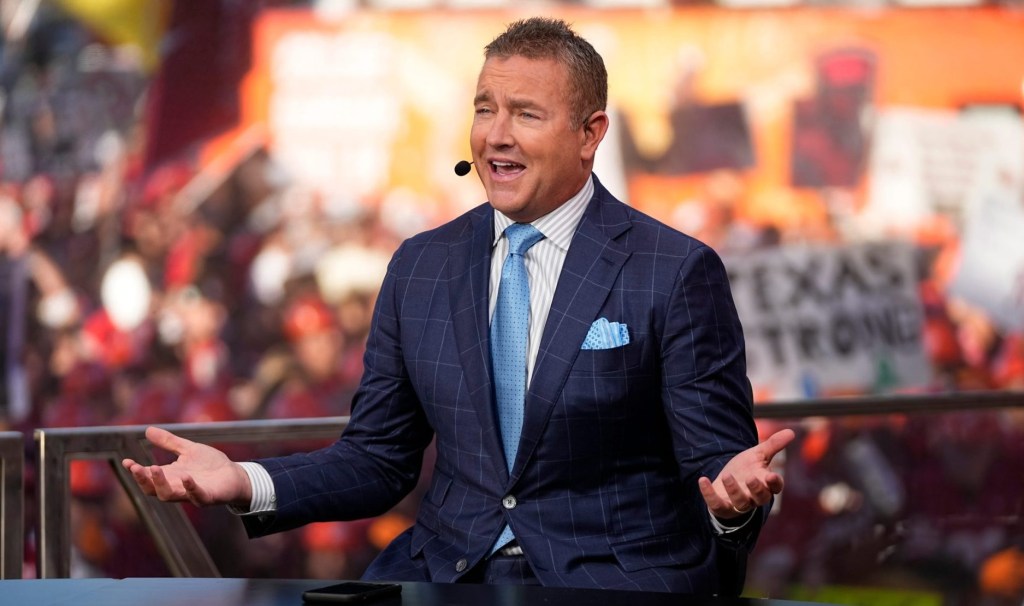ESPN’s Jalen Rose is the definition of a multimedia player.
The former NBA star is the longest-serving cast member of ABC/ESPN’s national “NBA Countdown” pregame show.
He co-stars on the national “Get Up” morning show with Mike Greenberg. After a rocky start including the departure of original co-star Michelle Beadle, “Get Up” has turned into one of ESPN’s biggest hits and a factory line for up and coming talent.
The 13-year ESPN veteran expanded “Jalen & Jacoby” with David Jacoby from a passion project into a podcast, radio program and now an afternoon TV show.
He recently partnered with the New York Post to launch the “Renaissance Man” podcast and write columns.
The former University of Michigan standout also produced ESPN Films’ “The Fab Five,” one of the most popular documentaries in the “30 for 30” franchise, via his Three Tier Entertainment production company.
And at a time when ESPNers like Dan Le Batard and Jemele Hill have afoul of management, the 47-year old Rose continues to be one of the network’s most outspoken voices on social justice.
On Christmas Day, he and his “NBA Countdown” castmates Maria Taylor, Jay Williams, and Adrian Wojnarowski will be on the air all-day as the Disney networks televise five games and 13 consecutive hours of live coverage.
Rose sat down with Michael McCarthy of Front Office Sports for a wide-ranging “Fundamentals” episode about his media career and “Jalen Rose Leadership Academy” in his hometown of Detroit.
Watch the full interview, with excerpts below:
FRONT OFFICE SPORTS: You’ve been on ‘NBA Countdown’ since 2012. There have been a lot of changes, both in front of and behind the camera. How do you adjust to working with new folks all the time?
JALEN ROSE: I think being a professional athlete and understanding that your team can go undefeated and win the championship — and there’s still going to be change. And so for me, it’s just trying to focus on being the best at my craft.
Also working for so many different shows. I’m used to that anyway. Before working for ESPN in 2007, I was playing in the league in 2002. But I was working for ‘The Best Damn Sports Show Period,’ Top Rank Boxing, NFL Network, MTV Movie Awards, ‘Cold Pizza’ before it was ‘First Take’ and doing games with Snapper [the late Steve ‘Snapper’ Jones] and Bill Walton. Doing sideline for TNT and doing studio before Charles [Barkley] was there, how about that? Or when he first got there, either one.
The point I’m trying to make is that hopefully puts you in a whirlwind mentality. That change is going to happen. But if you start a show from scratch, like we did with ‘Get Up,’ and the initial plan is to have Jalen Mike Greenberg and Michelle Beadle. But if that plan changes, of course, people from the outside are going to try to rail against the show.
“It’s not going to have staying power. What are they doing? Why are they trying to have him talk football?’ Or whatever our critics would want to say.
And then you look up two or three years later and it’s like, wait a minute, ‘Get Up’ may be on for the next 20-plus years.
FOS: You were one of the first to embrace podcasting. How did podcasting help you expand your voice so you could address other sports, politics, and pop culture as well as the NBA?
JR: I reached out to Bill Simmons [at ESPN’s former Grantland]. I pitched him the idea of me doing a podcast. So now we see everybody with a podcast and it’s the flavor of the month. I was doing podcasts before they were on Apple and Spotify. I was doing them on YouTube and on Periscope. And so that now became an opportunity for me to craft the voice that wasn’t only about the NBA. And so that’s what I took the opportunity to do.
It’s refreshing now to see how the podcast game has grown and that ‘Jalen & Jacoby’ went from being a podcast to doing something almost every podcast hopes to do. And that’s become a television show.
FOS: You’re one of the most outspoken analysts at ESPN. On-air, you called for the arrest of the police officers who killed Breonna Taylor. Are you worried you might run afoul of management similar to Jemele Hill or Dan Le Batard?
JR: One thing I will say about working here for as long as I’ve had, I’ve never been told what to wear or what to say. And that doesn’t take away from the memos that leak to the public about, making sure that we stay on message about delivering quality sports content.
There are certain things where humanity usurps the score of the game. And when George Floyd was murdered by officers while handcuffed, and the officer had his knee on his neck for eight minutes and 46 seconds, that’s different.
And not to show my age, but some of the stories and the images that we know have taken place between communities of color and law enforcement, these things have unfortunately been happening since the beginning of time. But now the difference is people have cell phones. There are also more fair-minded people that don’t look like me, that are willing to stand for our cause. And willing to listen to our cause. And don’t just say ‘Shut up and Dribble.’
‘You know what? I don’t care about your humanity. I’m just here to watch you play basketball.’ When you do that, you dismiss me. You demean me. ‘In other words, LeBron, I don’t care about your feelings or your thoughts or your emotions. Just play basketball and entertain me.’
And every now and then they’re going to be times in society, you see it over my shoulder, when a [Muhammad] Ali summit needs to happen. And Kareem Abdul-Jabbar, Bill Russell and Jim Brown need to be present to be game-changing agents. Same with the Olympics, Tommie Smith and John Carlos were game-changing agents.
They were ostracized, all of those individuals in one way, shape or form, by the media and by the public for having only their voice. All they were trying to do was create humanity. And so you fast forward and you see athletes, that don’t necessarily, conform. Craig Hodges makes it to the White House [with the 1992 Chicago Bulls] and he writes a letter to the President [imploring him to address the problems of poor communities] And before you know it, he’s out of the league.
I played with Mahmoud Abdul-Rauf in Denver, when [the former Muslim Nuggets player] was praying during the National Anthem. And before you know it, a really talented player, he was out of the league.
How about Colin Kaepernick and football? And this is the growth point I want to give you. In 2016, when Colin Kaepernick took a knee, he basically, after that season, never took another snap in the NFL. During that four year period, the actual NFL has basically apologized to him. I call that growth. I call that field position.
Black and brown people have to look up at the scoreboard and be like, ‘Man, it’s the first quarter. It’s 400 years of slavery to Zero.’ So in other words, you’re not about to win this game. But how you play says everything about your character.
You’ve got to compete on every possession. You’ve got to move the ball forward. Yes, you might get a three and out. Yes, you might get two or three first downs and have to punt. But in that four year period, we saw field position change.
And when that does take place, it’s important for LeBron James to be like, ‘I know my basketball with the Lakers is extremely important to my career, but you know what else is important? Voting.’ And for him to start ‘More Than A Vote.’
How about the Milwaukee Bucks? They decided that they weren’t going to play an NBA game. They were not going to play an NBA game so they could call and write legislators after Jacob Blake was killed in Wisconsin. They did that.
And for those who think athletes, voices, don’t resonate, the [WNBA’s] Atlanta Dream players did the exact same thing. So as I look back at the map and not make it political, just factual, if we’re doing More Than A Vote in Michigan, and all of a sudden the Pistons are opening up their facility as a polling location, that’s making substantial change.
If NCAA coaches are now asking their teams to take that day off so they can go vote, that’s making substantial change. So that means it’s important to use that platform and use that voice.
